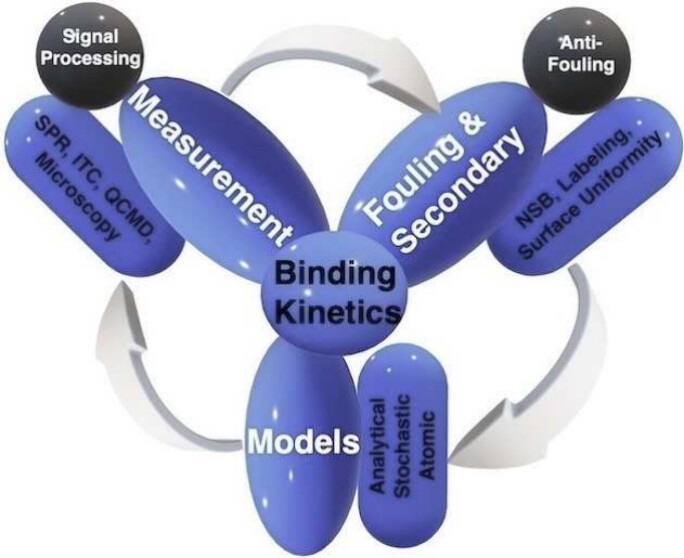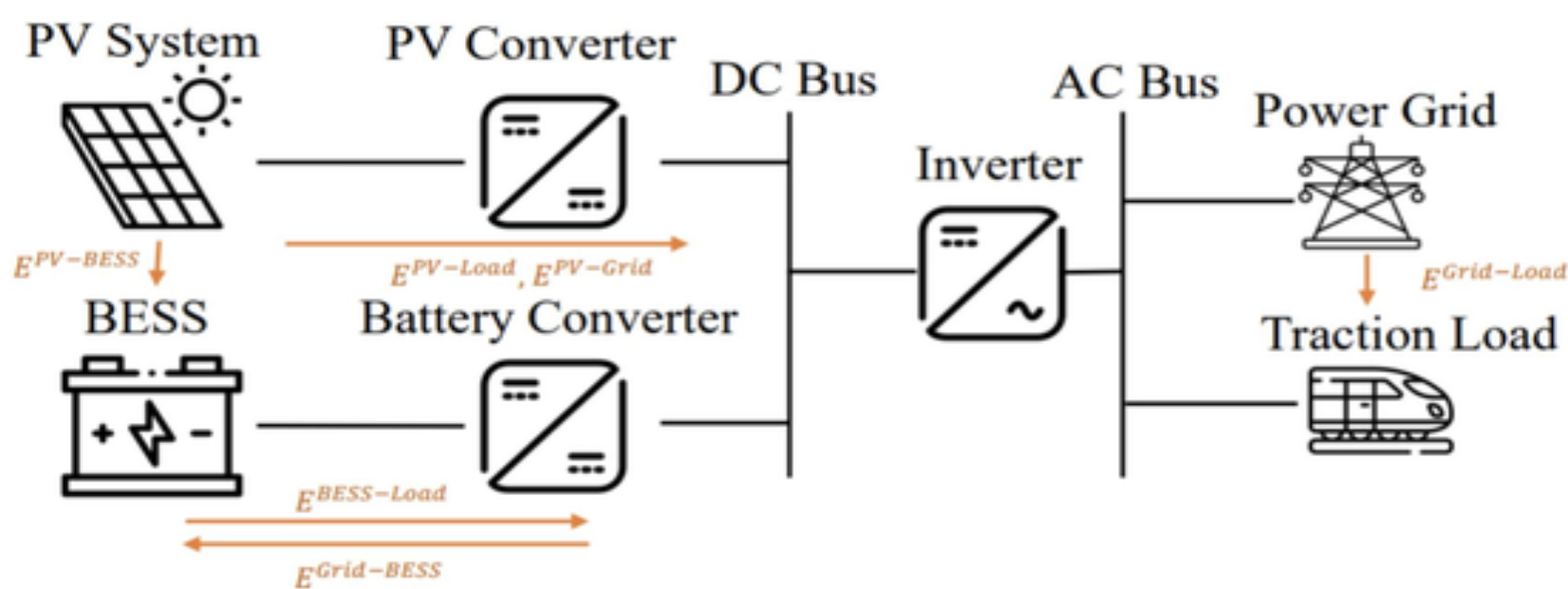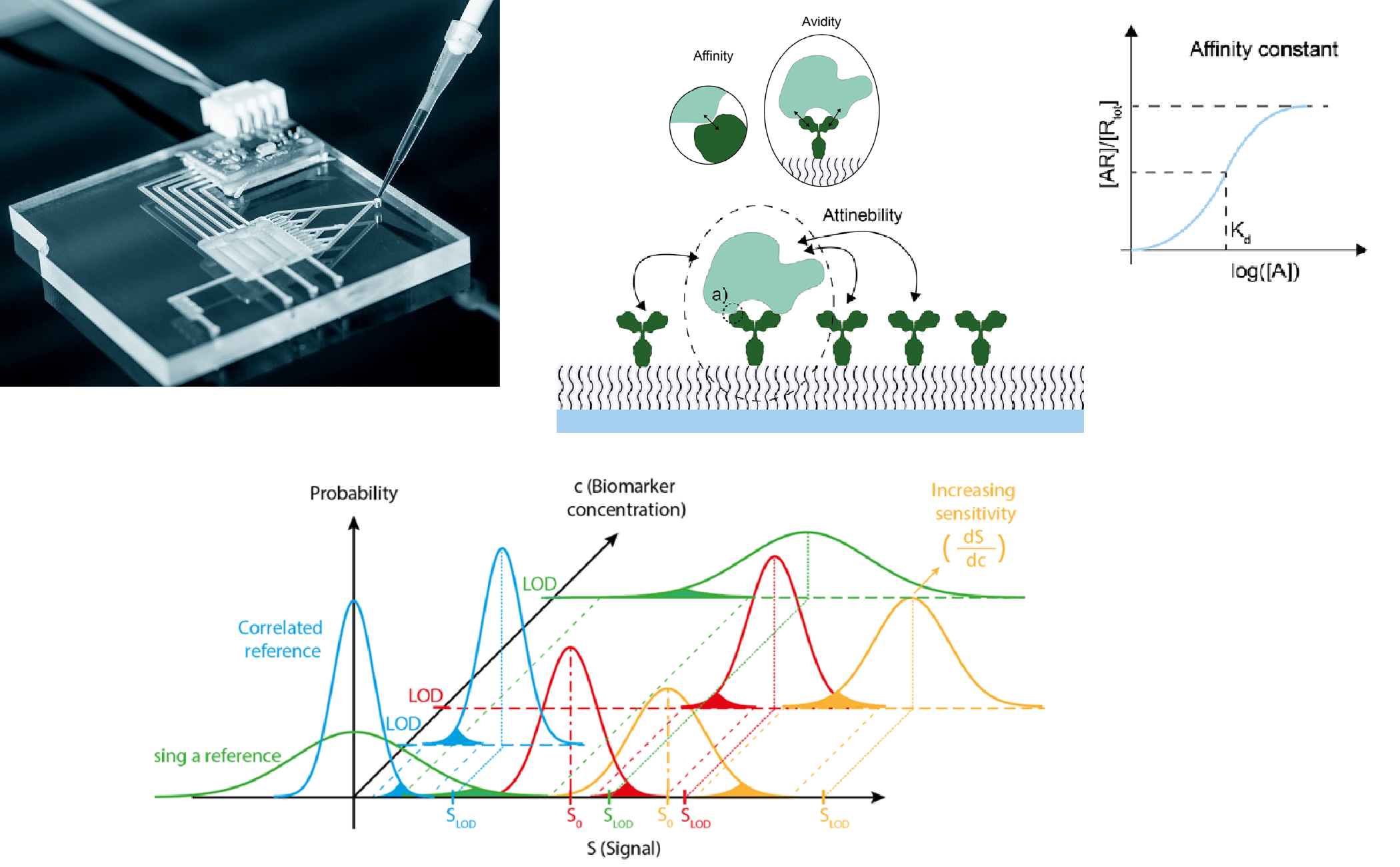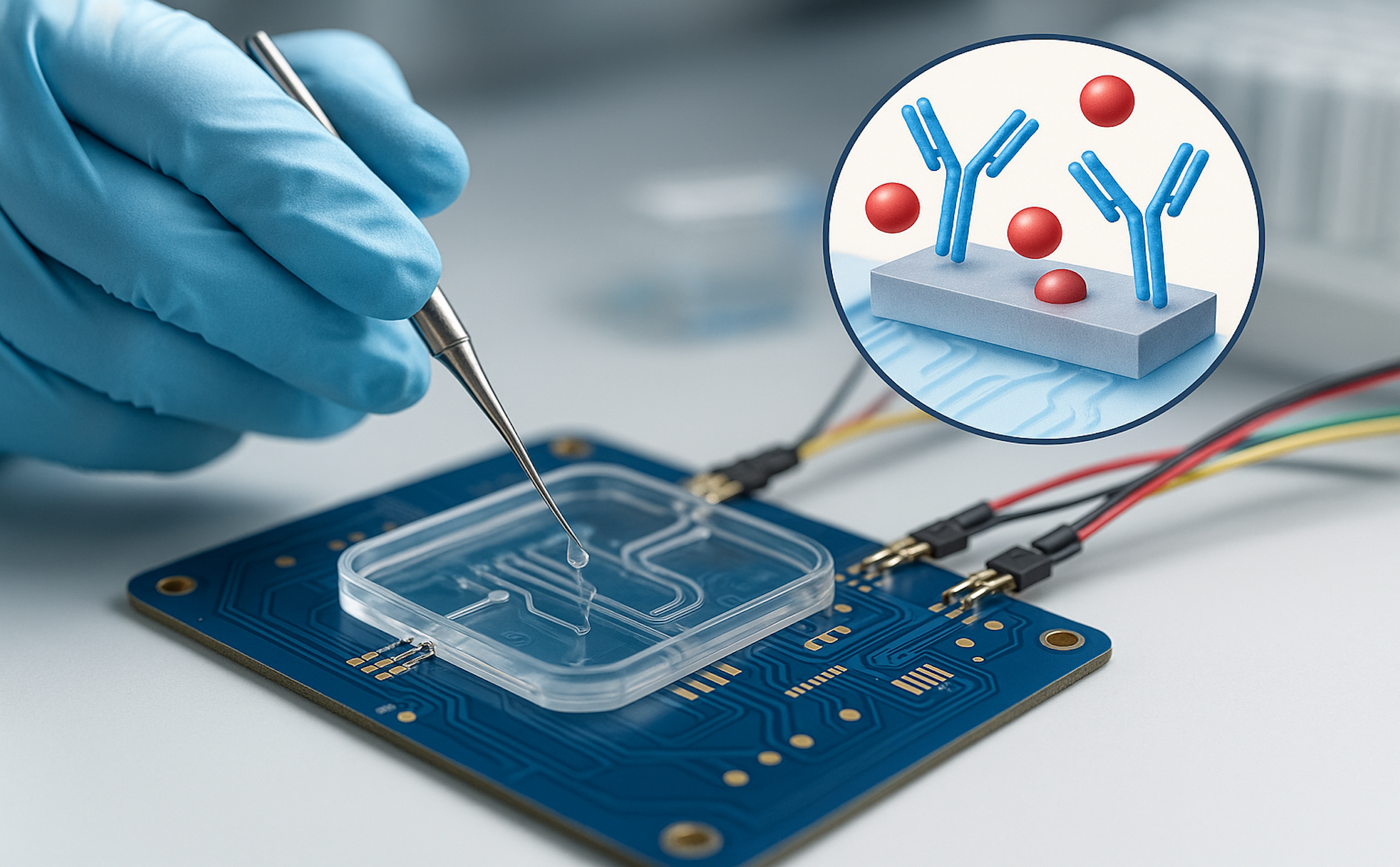Emerging Advanced Materials into Innovative Mechanical Design
Overview
The MED Group at the University of York leads research at the intersection of mechanical design, advanced materials, and engineering smart devices. Our focus lies in developing adaptive, safe, and efficient solutions for emerging applications in environmental monitoring and sustainability. We combine multiphysics modelling with experimental and AI-driven design methods to investigate how mechanical intelligence and material functionality can evolve together in complex systems to help environment. This includes looking into design from atomic scales towards matured technologies to solve performance-related problems.
Our research activities focus on:
• Advanced Materials: Nanomaterials, Smart Materials, Biomaterials
• Innovative Design: Multiscale, Statistical, ML/AI
• Smart Devices & Systems: Sensors, Energy Storage






